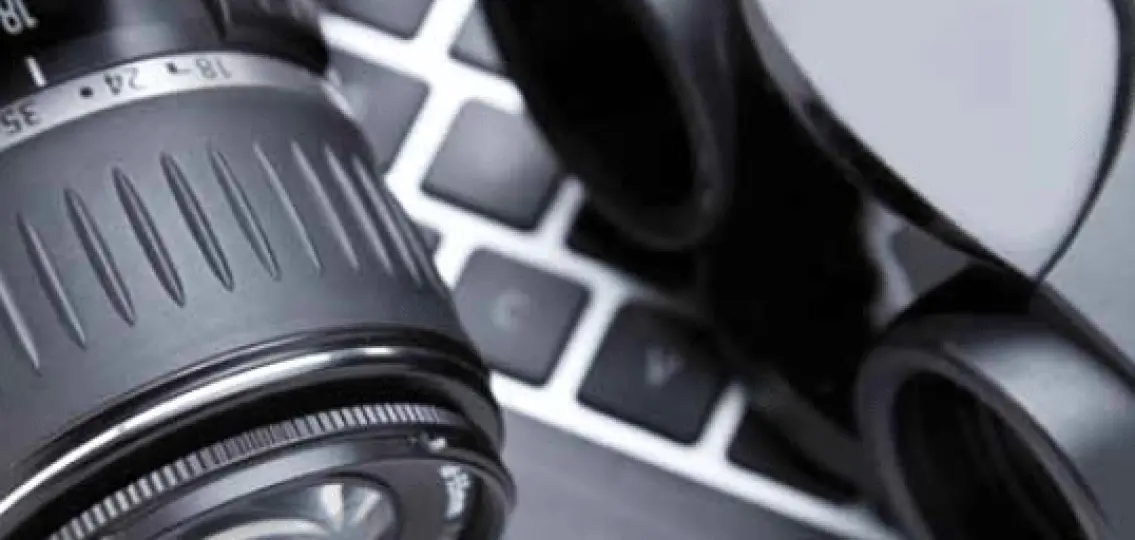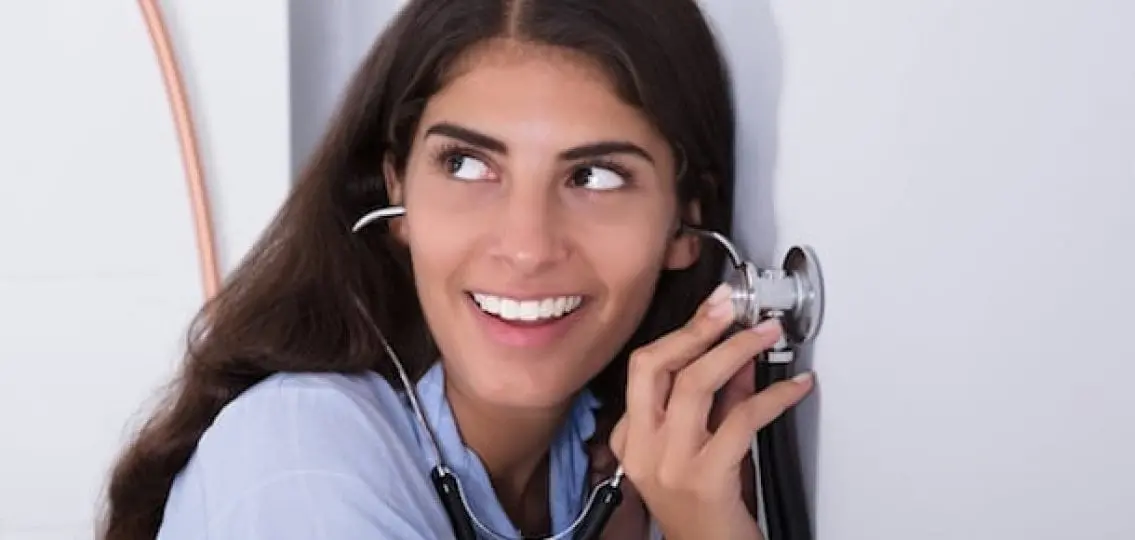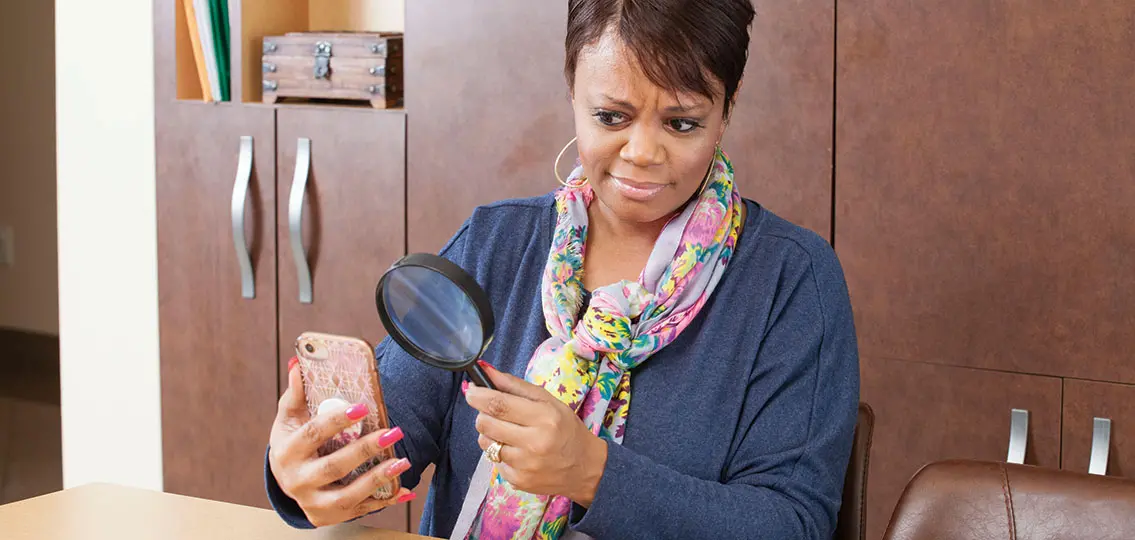It’s not an invasion of privacy when you check your teen’s online activity—it’s an act of love, says Esther Reich, a stay-at-home mom in Jericho, New York.

When Reich’s son received a smartphone at the age of 10, he agreed to allow his parents to periodically review his web history, texts and emails, and contacts on social media. Now that her son is 14 years old, they still check in on his digital life, although less frequently than when he was younger.
“We’re not necessarily there to monitor everything he’s doing and look over his shoulder,” Reich explains. “We’re there to make sure he’s not getting into trouble.”
Teens don’t always understand the consequences of their online choices, she points out. For example, they may not realize that offensive posts or emails can be recovered even after you delete them, or that if you send or receive an inappropriate photo of a minor, it may be a crime.
“As parents, we’re here to guide our children and to try to make sure that they make educated choices,” Reich says. “And at different ages, they may not be capable of understanding the ramifications of certain actions.”
What are Other Families Doing?
Reich is like most parents, according to a Pew Research Center study that found parents commonly review teens’ digital history. That’s a lot of screens to check: Ninety-five percent of teens now have access to smartphones, according to a 2018 Pew Research Center report, an increase from 73 percent of teens in 2015. Eighty-eight percent have access to laptops or desktop computers.
Reich manually spot checks her son’s devices, but you can also install programs that keep tabs for you. Products such as mSpy, TeenSafe, and Qustodio remotely track calls, texts, photos, social media messaging, and website visits, making it easy to monitor your teen’s screen time at all times.
But is all this oversight a good thing? Not everyone agrees.
The Ups and Downs of Monitoring
Online monitoring can undermine a teen’s trust, especially if a parent does it covertly, says Devorah Heitner, founder of Raising Digital Natives and author of Screenwise: Helping Kids Thrive (and Survive) in Their Digital World.
Instead, parents should guide their teens, openly discuss concerns, and then allow them to make mistakes, according to Heitner.
“Mentoring is more important than monitoring because ultimately, we want our kids to be independent communicators,” Heitner says. “The most helpful you can be is letting your child figure some things out.”
But parents have the right as well as the duty to monitor what their teens are doing online, argues Jayne Hitchcock, president of Working to Halt Online Abuse (WHOA), an organization that educates the public about how to prevent online harassment.
Digital monitoring can protect teens from online dangers and prevent bullying, suicide, or even abduction, says Hitchcock, author of Cyberbullying and the Wild, Wild Web: What Everyone Needs to Know.
Yet, Heitner says parents tend to be overly anxious about such threats, and fear shouldn’t serve as an excuse to monitor their teens.
“It’s not clear to me why anyone would want to digitally spy on anyone else except in the most dire of circumstances, like you’re worried that your kid is doing criminal activity or contemplating suicide or harming others,” Heitner says. “In that case, of course, do everything you can, including using their passwords to get into their social media.”
The Bottom Line
If you do decide to monitor your teen’s screens, be up front about it, experts agree. Create a contract for responsible internet use. Discuss whether to monitor manually or remotely. Research and select a monitoring program and agree on ground rules together.
When Reich established a digital monitoring routine with her son, he had one request: His parents could look through his texts and emails as long as they didn’t do it in front of him. He didn’t want to see the looks on their faces as they scrolled through his phone.
While your teen may be more or less comfortable with online monitoring, what’s key is that you are open and transparent, regardless of how you approach screen monitoring.
To Check or Not to Check: The Pros and Cons of Digital Monitoring
Pros:
- Parents feel more confident that their teen is safe.
- Monitoring opens opportunities for discussion about everything from online bullying to predators.
Cons:
- Teens may think monitoring invades privacy or restricts independence.
- Teens don’t learn to handle online conflicts and communication on their own.




